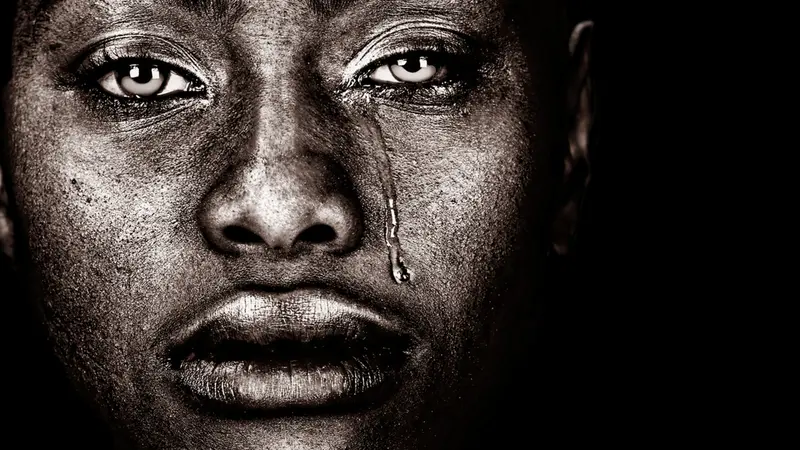

Mental and Behavioral Well-Being

Mental and Behavioral Well-Being
The Trauma of Racism and Developing Resiliency
Racism is not only a social, political, and economic problem, but it impacts the health of non-white communities. Yvette Miller, MD, a speaker at the Academy of Integrative Health and Medicine’s (AIHM) 2020 Annual Conference, AIHM Black, Indigenous, and People of Color task force member, and executive medical officer at the American Red Cross, discussed racism in the context of trauma and chronic stress, its negative effects on health, as well as ways to promote resiliency in individuals and communities.
Discrimination can lead to chronic stress, profoundly affecting the health of people of color. Dr. Miller defined discrimination as "a type of stressful life experience that has negative effects on health, similar to other kinds of stressful experiences.” One researcher at the University of California-Berkeley found that ongoing discrimination leads to elevated cortisol and adrenaline levels, while in African American women, experiencing racism is associated with chronic, low-grade inflammation and a higher risk for heart disease and other conditions.
Dr. Miller defined discrimination as “a type of stressful life experience that has negative effects on health.”
One type of discrimination that is especially prevalent Is racial microaggression. Microaggressions, said Dr. Miller, are “brief and commonplace daily verbal, behavioral, or environmental indignities, whether intentional or unintentional, that communicate hostile, derogatory, or negative racial slights and insults toward people of color.” Dr. Miller recounted a microaggression she experienced as a child when a cashier refused to put change in her mother’s hand, instead laying it on the counter.
Day-to-day slights like these are especially damaging to the health of African Americans and have a similar effect to trauma. Dr. Miller noted that both trauma and racism effect the whole body, trigger the fight-or-flight response, and are cumulative. Since microaggressions, and discrimination in general, compound, the normal human stress response does not deactivate, leading to memory loss, inability to trust and benefit from relationships, loss of self-control, poor decision making, and chronic health conditions such as hypertension.
Dr. Miller outlined ways of mitigating the impacts of racism and creating resiliency in people and communities of color. Self-care, she said, can help develop resilience while modeling good behavior for future generations. Meditation, yoga, gardening, taking a bath, or journaling are useful self-care activities.
In developing community-based resistance to the effects of racism, Dr. Miller believes the best predictors of success are the presence of both parents in a household, removing segregation and income inequality, and community engagement. When opportunities that provide programs and services focus on granting equitable access to healthcare and improving individual and community health, it allows communities of color to build resilience and improves health outcomes.
REFERENCES
Miller, Y. (2020, October 9-11). The effects of racism, trauma and chronic stress on health [Conference session]. 2020 Academy of Integrative Health and Medicine Annual Conference: People, Planet, Purpose, virtual. https://aihm.org/conference/



 By
By




